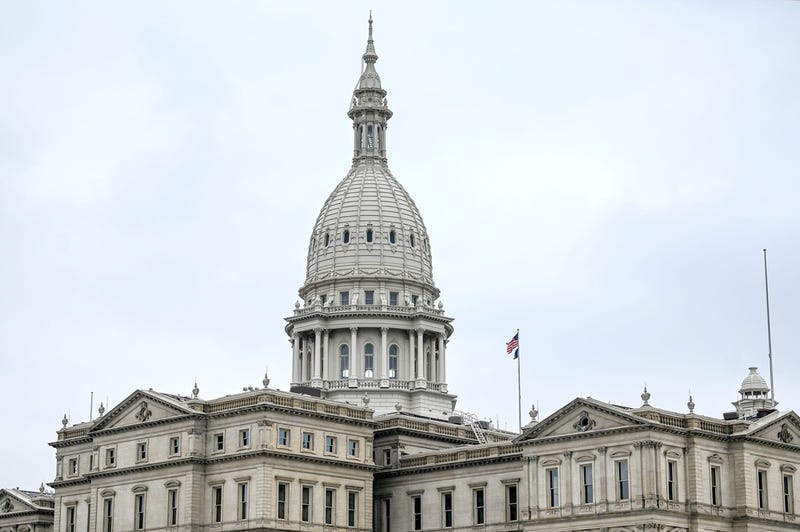
LANSING (WWJ) -- Michigan tax filers won't be getting a $180 rebate check from the state after all.
Although the Michigan Senate did approve a tax proposal on Tuesday, and sent it to Gov. Gretchen Whitmer for her approval, Democrats failed to get the 26-vote, or two-thirds supermajority needed to have the bill take immediate effect — which would have triggered the checks.
State Republicans had called the $180 checks "pitiful" and "puny," rejecting the plan they said wouldn't offer as much relief as a permanent rollback in the income tax rate, which they prefer.
The bill sent to the governor, however, does include increases deductions for retirement income, which the Whitmer Administration has said will benefit 700,000 households.
The measure also includes a larger tax credit — Michigan's Earned Income Tax Credit — for low-wage workers from 6% to 30% of the federal credit.
The Associated Press reported that, without the $180 checks, Senate Majority Leader Winnie Brinks said state's income tax rate will "likely" be lowered from 4.25% to as low as 4.05%.
Even without what she called the "inflation relief checks," Gov. Whitmer is expected to sign the package. She said in a statement that this "Lowering MI Costs" tax plan will put "money back in people's pockets to help them pay the bills and put food on the table."
She said the plan "provides long overdue relief for Michiganders after the rug was ripped out from under them in 2011, when the retirement tax was slapped on and the Working Families Tax Credit was gutted."
"We’ve worked together for over a decade to get this done, and I am proud to have partners in the legislature committed to delivering real relief. I am excited to sign it and celebrate a huge win for Michigan seniors and working families," Whitmer said in a statement.
The Detroit Free Press reports that, also Tuesday, the Senate passed another supplemental spending bill — House Bill 4016, totaling $1.3 billion — which includes $630 million in site development costs and other incentives aimed at a proposed Ford electric vehicle battery plant near Marshall. In addition, the bill, which moved on to the House, also would send another $170 million to the state's economic development fund.

